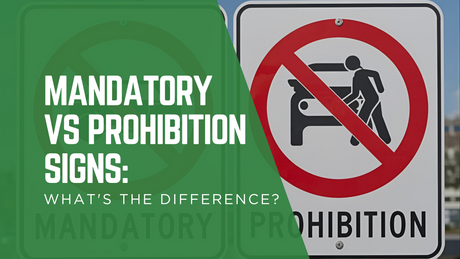Storing dangerous goods is a serious matter, and it is crucial that businesses in Australia understand the legal requirements for doing so. The handling and storage of hazardous materials can pose significant risks to people, property, and the environment, which is why Australian regulations for storing dangerous goods have been put in place to ensure public safety.
Regulatory Requirements
Businesses must comply with regulatory requirements when storing dangerous goods. The requirements vary depending on the quantity and type of goods being stored. In general, businesses must submit a written application to the relevant regulatory authority outlining the nature of the goods being stored, the location of the storage facility, and the proposed storage method.
Storage Location Requirements
The storage location must comply with specific requirements set out in the ADG Code. The location must be separated from other buildings or activities by a specific distance, and the storage area must have adequate ventilation, lighting, and firefighting equipment. The storage facility must also have warning signs, emergency procedures, and sufficient spill containment measures to prevent the spread of dangerous goods in the event of an accident.
Specific Storage Requirements
There are also specific storage requirements for different classes of dangerous goods. For example, flammable liquids must be stored in special containers that are designed to prevent spills and leaks, and these containers must be kept in well-ventilated areas. Explosives must be stored in specially designated areas that are separate from other storage areas and must be stored in a way that prevents any chance of ignition.
Transportation Requirements
The transportation of dangerous goods is also subject to strict regulations in Australia. The ADG Code sets out the requirements for the labeling and packaging of dangerous goods for transportation. Vehicles carrying dangerous goods must also be marked with warning signs and have fire extinguishers and spill kits on board.
Consequences of Non-Compliance
Businesses that fail to comply with the regulations for storing dangerous goods in Australia can face serious consequences, including fines and imprisonment. The amount of the fine depends on the severity of the violation and can range from a few thousand dollars to hundreds of thousands of dollars. In some cases, businesses may be forced to shut down their operations if they are found to be in violation of the regulations.
Other Relevant Regulations
In addition to the ADG Code, there are several other regulations that businesses must comply with when storing dangerous goods in Australia. For example, businesses must comply with the Work Health and Safety Act 2011 and the Dangerous Goods (Storage and Handling) Regulations 2012. These regulations outline the responsibilities of employers and employees for maintaining safe work practices and managing risks associated with dangerous goods.
In conclusion, the storage of dangerous goods in Australia is heavily regulated, and it is essential that businesses understand and comply with these regulations to ensure public safety. By following the guidelines set out in the ADG Code and other relevant regulations, businesses can store and transport dangerous goods in a way that minimises the risk of harm to people, property, and the environment, while avoiding the serious consequences of non-compliance.
How to take the right steps towards safety.
Storing dangerous goods is a serious responsibility that requires careful planning and adherence to regulations. Businesses that handle hazardous materials must take the necessary steps to ensure public safety and prevent accidents that can cause harm to people, property, and the environment. Super Spill Solutions can provide you with further information and support to ensure your business is storing dangerous goods in accordance with Australian regulations. Don't take chances, contact the professionals today.




